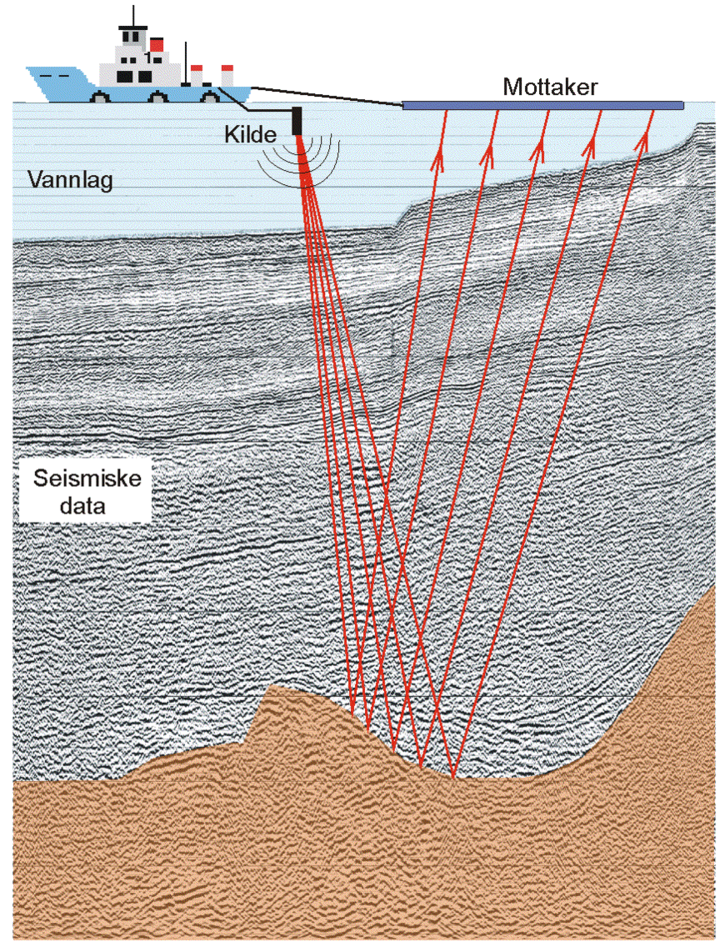All Categories
Featured
Table of Contents
Surface Geophysical Methods in Watermans Bay WA 2023

Other possible geophysicist majors that aren't geophysics or geoscience include: Climatic sciences and meteorology Chemical and physical oceanography Earth science Environmental science Hydrology and water resources science Products science By making any geophysicist degree, and by taking the needed geology courses, you need to get approved for an entry-level position as a geoscientist or geophysicist.
Eventually, students need to learn: a branch of geology that takes a look at the various elements of minerals, including chemical composition, internal crystal structure, and physical homes. the study of rocks and the processes and conditions that form and change them over time. There are a few subdivisions in this branch of geology, including igneous, metamorphic, and sedimentary rocks.

This field analyzes structural rock functions such as cleavage, faults, joints, and little folds. They should likewise discover the computer skills required to: evaluate data develop digital models and maps run geoscientists' software Students must also take advantage of all chances to gain real-world experience. Aspiring geophysicists should anticipate to hang out learning: in the classroom in the field in labs Clearly, abilities taught in the class are really crucial for aspiring geophysicists.
Geophysical Surveys in Hovea Western Australia 2022
For instance, geoscientists invest a lot of their time outside when operating in the field, so they must possess "outside skills" like camping and running boats, aircraft, and other vehicles. Since they spend so much time in remote areas, it's important that geophysicists likewise have the physical stamina to carry needed devices on their hikes to places of research study.
The job provides: a high average and leading profits a high rate of individual fulfillment amongst geophysicists low work stress positive job outlook More details on incomes potential and job outlook is detailed below. For trainees wanting to land an entry-level role as a geoscientist or geophysicist, it takes 4 years, or the time required to finish a bachelor's degree in geophysics or a related discipline.
Some research positions in geophysics require postgraduate degrees. Likewise, if you prepare to teach at a college or university, you must make a Ph - Geophysicist Salary And Job Description 2023 in Mindarie Western Australia 2021. D. in geophysics or a related field. The time it requires to make a Ph. D. varies by institution and program, but it usually takes 4 to 6 years beyond the bachelor's degree.
Geophysical Prospecting in Maida Vale Australia 2022
A lot of employers need prospects to have a bachelor's degree in geophysics or a carefully related discipline for all entry-level positions. As a result, there's no method around the degree requirements for ending up being a geophysicist.
Presently, 31 states need licensing for geologists, although licensing is not constantly needed, especially for entry-level work. The states that do issue licenses utilize the Principles of Geology Examination (FGE), which is administered through the National Association of State Boards of Geology (ASBOG). Now that you know which degree for geophysicist jobs you need, you'll require to land a job, and it's essential to learn how much cash you can make in this profession.
According to BLS, the mean annual wage for geoscientists is $93,580. The most affordable 10% of earners earn less than $52,000, while the greatest 10% make more than $201,000 every year. Salaries change by industry type and geographical area. According to BLS, particular markets use higher incomes for geoscientists, and sometimes, they offer higher-than-average incomes.
Geophysical Survey in Oakford Oz 2023
In fact, mining, quarrying, and oil and gas extraction uses over $32,000 more each year than the typical annual wage for this profession. The federal government, too, provides over $10,000 more in revenues than the nationwide average for geoscientists. In addition to industry type, geographic location can considerably impact incomes for this profession.

The top-paying states and their annual mean incomes, according to the BLS, consist of: Texas $166,720 Oklahoma $149,630 Pennsylvania $120,590 Hawaii $120,130 Colorado $107,260 These five top-paying states provide much greater salaries than the average for this profession. In reality, salaries for geoscientists in Texas are over $73,000 higher than the national average.
It ought to come as not a surprise that the majority of these high-paying areas remain in Texas and Oklahoma, but some are discovered in California, Louisiana, and Colorado. The top 10 highest-paying city locations for geoscientists are: Houston-The Woodlands-Sugar Land, Texas: $188,400 Tulsa, Oklahoma: $186,490 Midland, Texas: $167,040 Odessa, Texas: $147,080 Oklahoma City, Oklahoma: $145,350 Bakersfield, California: $130,080 Urban Honolulu, Hawaii: $124,470 New Orleans-Metairie, Louisiana: $121,030 Washington-Arlington-Alexandria, DC, VA, MD, WV: $120,180 Denver-Aurora-Lakewood, Colorado: $116,910 For some geoscientists and geophysicists, living in a metro city is not as enticing as residing in a smaller community.
Latest Posts
Geoscientist - College Of Science in St James Aus 2021
What Is A Seismic Survey? in Straffon Oz 2021
What Are Geological, Geochemical, in Hovea WA 2022